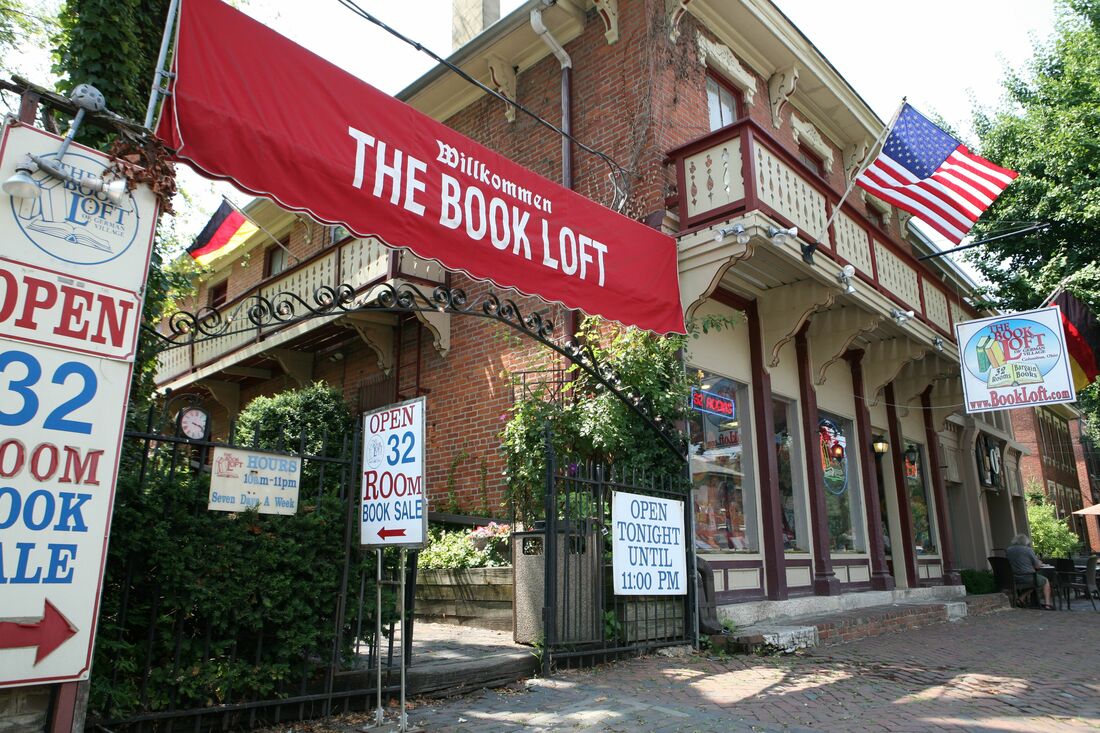|
Met with the Panera Posse yesterday.
As usual, a number of topics were visited, among them the currently-maligned concept of artisanal parenthood. (See the previous two blog posts). As it turned out the Posse, all of whose members belong to the previous generation of child-raisers, were not so quick to dismiss artisanal parenthood as a scorn-worthy thing. In fact, the final conclusion reached by the members present was that people - be they M.D.'s psychologists or just your garden-variety casual judgement passers - who nay-say or even ridicule taking a non-mainstream if somewhat more labor-intensive approach to parenting are doing so out of jealousy or sour grapes that they're not doing as much for their own children. And so in defense of themselves they make up a derisitory label and claim that such parents do what they do out of self-centered narcissism. Not so, says the Panera Posse. Say we: all good parents are artisanal parents at heart in that everyone's own children are special among all others in the eyes of their parents. And everyone wants to do the best for their children in as much as they're able. And that's at the heart of all parenting, however you label it. But back to this idea of taking an artisanal approach to child-raising...turns out one of the Posse members, a retired teacher, also had some counter-culture ideas on education. Actually, we thought some of her ideas were pretty good, which inspired the rest of us to throw in a few of our own. So, here are the Panera Posse's artisanal education ideas: 1. Offer Weight Watchers classes as an elective or an after-school club. 2. Offer yoga and aerobics also as either electives or intramural non-competing sports teams. 3. Offer gardening as an elective or after school club. Designate a green space on school property, fence it off,and have it be the school garden. Just as schools have sports coaches, have a teacher be the "gardening coach." The flowers that are grown in the garden could be used to decorate the school and the fresh vegetables could be served in the school cafeteria. 4. Open some of the school's areas - gyms, pools, auditoriums, playing fields - for comunity use when these areas not in use by the students. That way the community would feel more ownership of the school and would be more inclined to pass levys. 7. Have a couple of staff members at each school whose only job would be to track the progress of students who were having academic issues and communicate with the parents of these students to keep them informed about what's going on with their children. I came up with this idea based on a story told by the retired teacher in our group. She actually once had such a job. It was a side job that her school had opened one year to teachers who were interested. My friend's job involved tracking student's performance and calling parents and sometimes meeting with them and their children if they were interested in coming into school to discuss the problem. Some parents blew her off or didn't want to acknowledge what she was telling them. But there were a few students whose lives she knows she helped turn around. For this work my friend received $1100 compensation for the school year but after one year the program was dropped by her school. But my friend took the $1100 she made and with it bought herself a ring with a beautiful purple stone which she wears to this day. She wears it to remind herself of that year and of the students and parents whose lives she visited, those she tried to help and those she succeeded in helping. I do love the stories we share.
5 Comments
Romaine
11/6/2014 01:50:27 am
Speaking of artisanal education -
Reply
Patti
11/6/2014 07:41:52 am
Very interesting. It's amazing what young children are capable of achieving.
Reply
joseph
11/7/2014 01:48:58 am
patti - I agree that some of those proposals sound very good on paper and would also be good in the real world. here is the problem: MONEY. it is fiscally impossible to hire additional people for jobs that are not mandated. there are so many non-funded mandates out there that your head would fall off if you knew about them. I speak from many years on the school board including being school board president. when is the last time that you or any members of the Panera posse bitched about your taxes. when hiring a new teacher, one of the major concerns often was at what level they would have to start. it is common for school districts to pay health insurance for teachers at the near retirement age to et them to leave so a new person can be hired more cheaply.
Reply
Patti
11/7/2014 06:49:41 am
(Sigh). Maybe that's why every time my teacher friend tried to get one of those ideas implemented in her school the principal blew her off.
Reply
joseph
11/7/2014 06:56:50 am
he had no funding. he so many un-funded mandates to cover that the well was below dry. the teacher had to know this. Leave a Reply. |
"Tropical Depression"
by Patti Liszkay Buy it on Amazon: https://www.amazon.com/dp/B0BTPN7NYY "Equal And Opposite Reactions"
by Patti Liszkay Buy it on Amazon: http://amzn.to/2xvcgRa or from The Book Loft of German Village, Columbus, Ohio Or check it out at the Columbus Metropolitan Library
Archives
July 2024
I am a traveler just visiting this planet and reporting various and sundry observations,
hopefully of interest to my fellow travelers. Categories |







 RSS Feed
RSS Feed